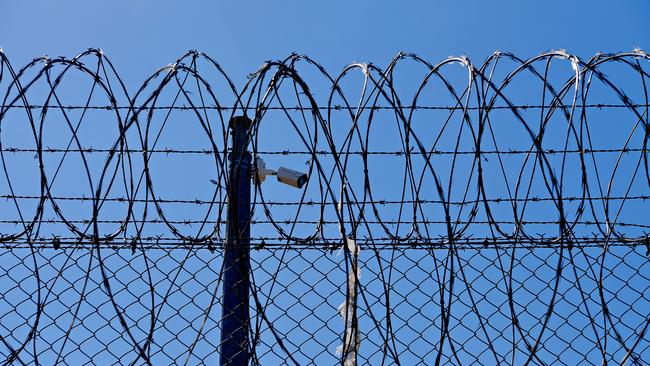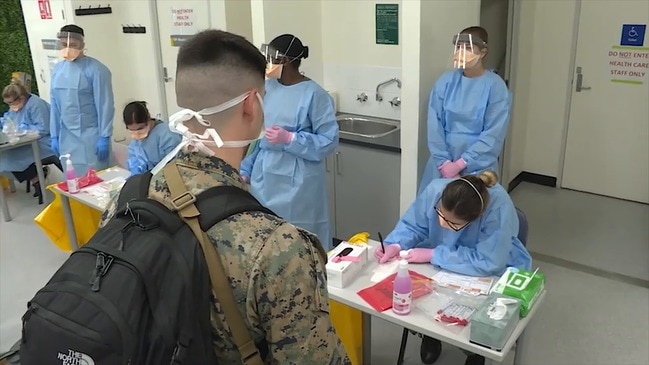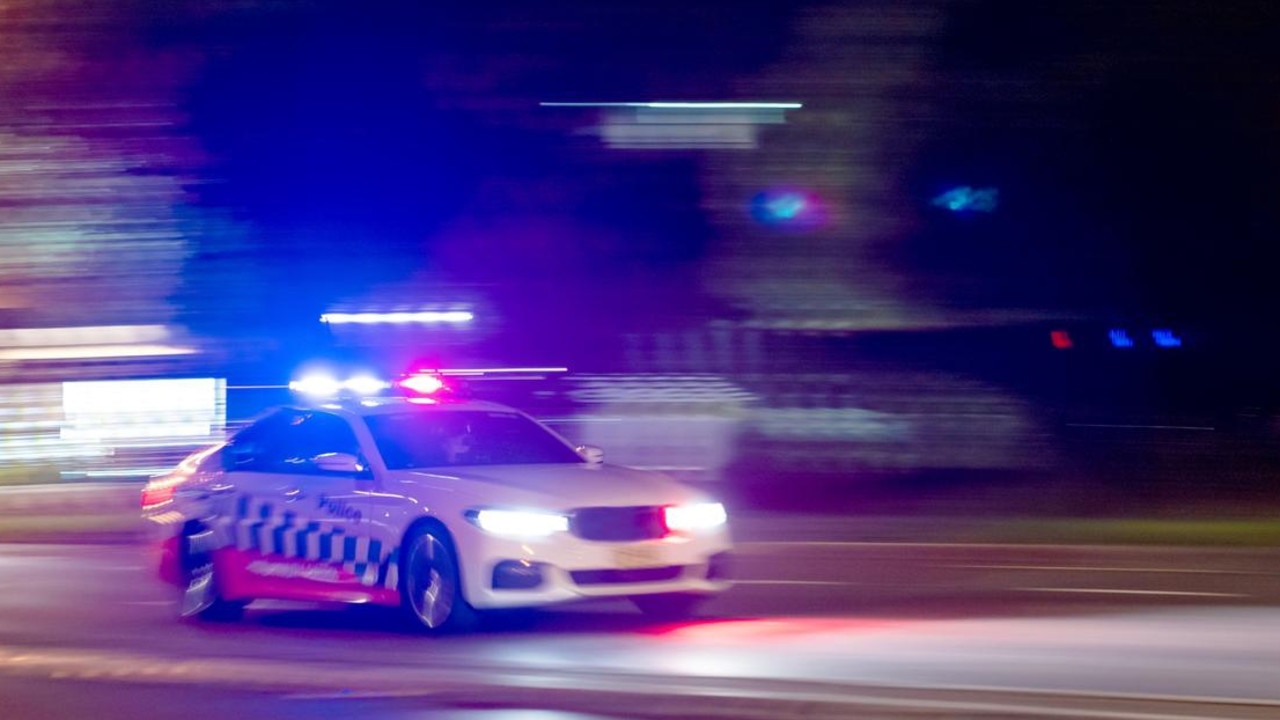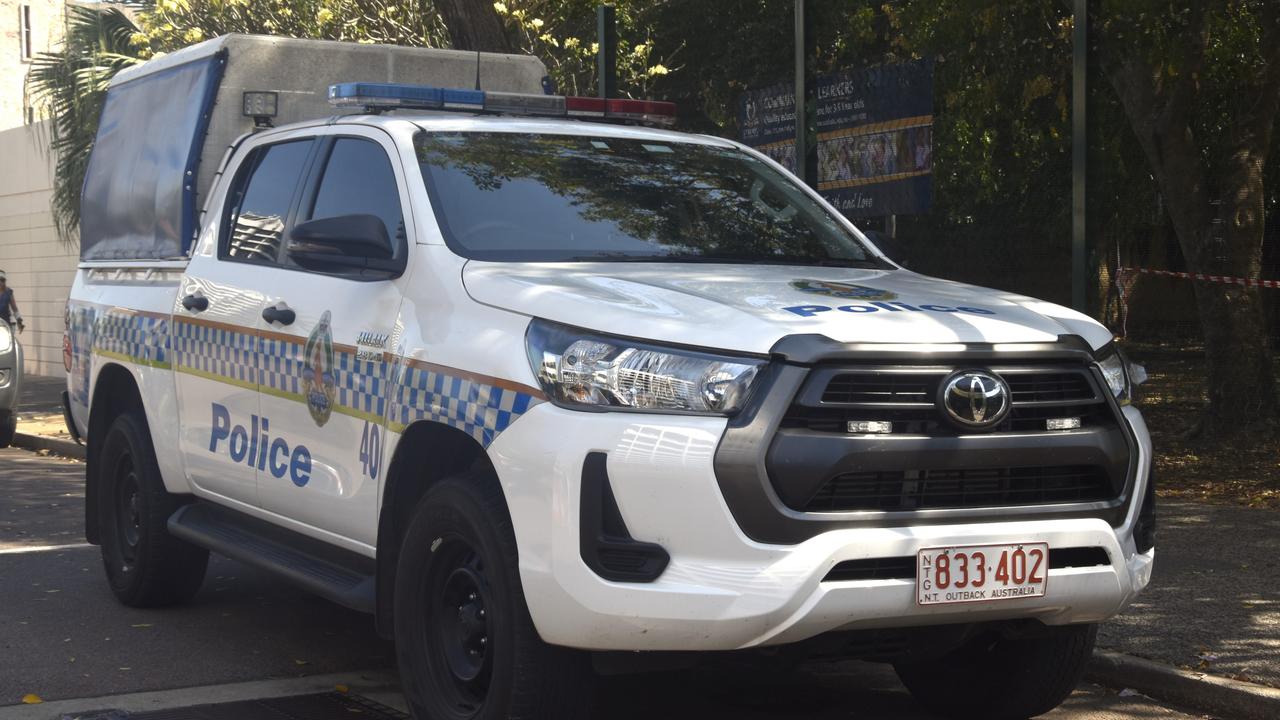Don Dale youth detainees entitled to compensation over tear gas, High Court rules
FOUR former detainees from the Don Dale Youth Detention Centre in Darwin, who were tear-gassed in events that led to a royal commission, are entitled to damages, the High Court has ruled

Police & Courts
Don't miss out on the headlines from Police & Courts. Followed categories will be added to My News.
FOUR former detainees from the Don Dale Youth Detention Centre in Darwin, who were tear-gassed in events that led to a royal commission, are entitled to damages, the High Court has ruled.
The “deliberate and intentional” use of the tear gas, known as a CS fogger, by a prison officer on youths in the centre was not lawful under the NT Youth Justice Act, the court found by a majority.
“Nor was it authorised by provisions of the Prisons (Correctional Services) Act that conferred the powers of police officers on prison officers acting in the course of their duties, or authorised prison officers to possess and use a weapon in a prison,” the High Court said.
NT Police officers would be allowed to use the gas at Don Dale.
MORE TOP NT NEWS
NT ‘has the most to lose’ if borders remain closed: National tourism boss
Editorial: Political games on border date holding Australia to ransom
Waterfront Beach Club brings taste of Bali to Darwin
NT cattle industry vindicated as court finds 2011 live export ban ‘invalid’
A violent incident broke out at the centre in August 2014, leading to a confrontation between detainee Jake Roper and prison staff.
Roper could not be controlled while “engaging in the exercise yard in violent and erratic behaviour assessed to pose a danger to staff” and one of three prison officers called in from the nearby adult jail used CS gas to control him.
The gas affected four detainees who were locked in their rooms and are seeking compensation: Josiah Binsaris, Leroy O’Shea, Keiran Webster and a fourth person who cannot be named.
CS gas was described in the High Court judgment released on Wednesday as “a form of tear gas that disables those who breathe it by inducing uncontrollable burning and tearing of the eyes, and intense irritation of the nose and throat, causing profuse coughing and difficulty breathing”.
VIDEO OF THE DAY

Graphic footage was shown on ABC TV in 2016 of the four detainees being tear-gassed — described by five High Court judges as “battery” — and other acts including the use of spit hoods, leg shackles and handcuffs behind their backs.
That led to the 2017 Royal Commission into the Protection and Detention of Children, the NT government accepting in full or in principle all 227 recommendations at an estimated cost of $229 million.
Four out of the five High Court judges found it was illegal for detention centre staff to tear gas youth detainees in the NT.
The NT government will be liable for a damages claim for battery arising out of the use of tear gas, and costs.
The one judge who disagreed, Justice Stephen Gageler, believed tear gas could be used if necessary to maintain order.
Get amazing Sennheiser earbuds (RRP: $499) with NT News subscription deal
But he still found the four detainees were entitled to damages as they were locked in their room and were victims of battery in being harmed by tear gas used on someone else.
The group had all previously rejected $150,000 settlement offers on the eve of a Supreme Court civil trial they lost.
They were later awarded between $12,000 and $17,000, but also ordered to pay a bill to cover government costs that would have been higher than their compensation.


